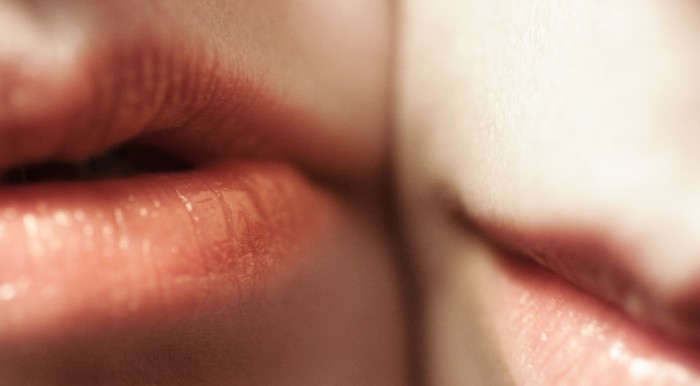 Probiotics in skincare products may be the newest form of effective acne treatment.
Probiotics in skincare products may be the newest form of effective acne treatment.
I’ve long understood that the digestive system needs to maintain a healthy community of gut flora, otherwise known as probiotics. These are the “good guys,” the bacteria that help us efficiently digest our food, balance yeast, and boost our general immunity. I’ve always conceptualized probiotics as something we consume via supplements or fermented foods (like raw kimchi or kombucha). It turns out that probiotics are even more ubiquitous than I initially thought.
Not unlike our gut, our skin has its own beneficial microbiome that helps maintain skin clarity and health by battling bad bacteria (like P. acnes, the bad stuff behind our breakouts). French dermatologist Brigitte Drèno explains, “when acne flares as a result of stress or starts for the first time in women in their thirties (driven by increasing levels of testosterone), care of the skin microbiome is critical.” These bacteria produce their own antimicrobial peptides, which protect the bacteria itself as well as help fend off acne bacteria.
A healthy skin microbiome is also the reason behind soft, supple, well-hydrated skin, so if you’re in your adult years, and you’re experiencing hormonal breakouts as well as dry, itchy skin (charmingly referred to as “sensitive” or “combination skin”), there may be something amiss with your skin microbiome.
But you’re probably not alone. At the first sign of acne, many of us (myself included) have reached for antibacterial washes or spot treatments, which can kill off the good guys in the process, leaving us with not much ground gained. Even soaps that are too alkaline can threaten the skin microbiome, which thrives in a slightly acidic environment.
Furthermore, if you suffer from dermatitis, you may find it interesting to know that patches of atopic dermatitis have less diverse microbes than unaffected skin. When bacteria-boosted skincare products are applied, the number of diverse bacteria increases (a good thing) while the number of bad bacteria decreases.
Here are a few ways you can boost your skin’s microbiome:
Use a soap that’s not too alkaline. Does your soap leave your skin feeling tight, rough, or painfully dry? If so, your cleanser may be too alkaline. If this is the case, seek a face soap that’s less abrasive. You can look for “pH-balanced” products, but the ultimate test will be how the cleanser affects your skin. Ultimately, you’ll want to find one that effectively cleanses your skin without leaving your feeling dry OR dirty/overly oily.
Protect your skin’s acid mantle. After cleansing with a gentle soap, give your face a spritz of pH balancing toner. I’m in love with this Andalou Naturals rose toner.
If your have spare cash, invest in bacteria-boosted emollients. Companies like Aurelia use topical probiotics to help maintain a beneficial balance in skin’s microbiome. I haven’t personally tried Aurelia, but the line looks super luxe–plus, they’re cruelty-free!
Have you tried probiotic-infused skincare as an acne treatment? What did you think?
Also in Natural Beauty: Does Stress Really Cause Skin Problems?
Benefits of African Black Soap
Get more like this–sign up for our newsletter for exclusive inspirational content!
Photo: Anna Sastre via Unsplash




